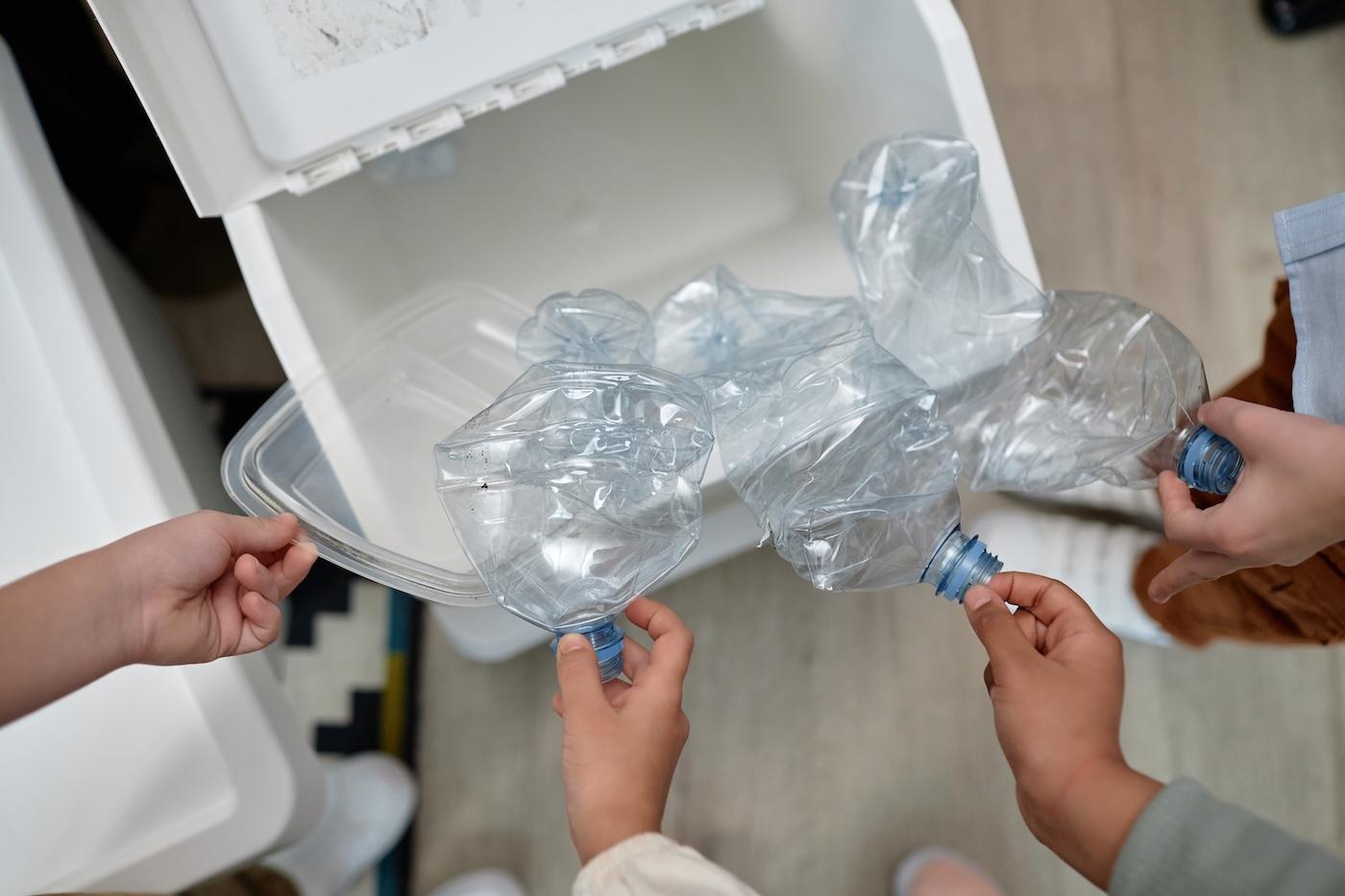PARENTS
Why Bailey Rollins Changed Her Career to Help Black Moms Breastfeed
Learn how the “achievement gap” motivated this early childhood development specialist to start helping Black mamas breastfeed.

Written by
Happiest Baby Staff

Bailey Rollins isn’t your typical lactation consultant and doula. She never dreamt she’d help guide fellow women of color through pregnancy and birth. She had no personal pull to assist these new parents in nursing their babies. Instead, Bailey set her sights on being an early childhood development specialist…and that’s exactly what she did for nearly a decade. But then, something shifted.
“It dawned on me that the ‘achievement gap’ so many children were fighting in the school system, actually began very early. It began in the womb,” she says. (An achievement gap is when one group of students, such high-income or white, significantly outperforms another group in school.) An educator through and through, Bailey decided that the best way for her to be a part of the solution was to go back to school herself and learn how to close that gap from the start. Today, Bailey is a doula and lactation consultant with Boober, a platform that connects parents to pregnancy to postpartum care providers.
In honor of Black Breastfeeding Week, we invited Bailey to share her motivation, her insights, and her optimism about not only the “achievement gap,” but the state of Black breastfeeding today.
Happiest Baby: You became a doula after years in early childhood development. Then, years later, you decided to become a lactation consultant, too. Can you share why?Bailey Rollins: Unfortunately, there aren’t many Black IBCLCs [International Board of Lactation Consultant Examiners] in New York City—and worldwide. And I saw that lack of representation extremely problematic. So, now I’m a full-spectrum doula and IBCLC, and it’s so rewarding. I know that the inequalities, lack of support, and lack of resources women of color face during pregnancy, birth, and postpartum often have devastating and long-term effects on children and families. Knowing that I’m making a difference in the lives of new families brings a lot of joy and meaning to my life.
HB: Why did you want to be involved with Boober, specifically?BR: Boober is a fantastic organization that connects families with excellent birth and postpartum professionals and other support and education parents need to be successful. When Boober rolled out on-demand lactation services, I was super excited to join them as an IBCLC to help support more families that often need urgent breastfeeding support.
![[object Object]](https://cdn.sanity.io/images/301lhh0a/production/9a8b1fd703d884b8e94cece424fdfeeb4837a4ab-300x350.jpg?w=640&auto=format&q=75&fit=max)
HB: There are many universal barriers to breastfeeding, but Black parents have some unique barriers to deal with. Can you talk about some of those?BR: Black parents face a lot of adversity starting with a lack of cultural sensitivity and a lack of quality care in obstetrics and gynecology. Many Black families don’t feel respected or heard during their prenatal appointments and, unless they have access to doula support, many end up having traumatic and/or over-medicalized birth experiences. [For example, women of color are more than twice as likely to experience mistreatment during pregnancy and childbirth as a white woman with a white partner, according to a 2019 report.] And the choices made in birth can have a direct impact on breastfeeding success. For example, many moms who are induced, or give birth via c-section have trouble initiating breastfeeding, which often spirals into more breastfeeding challenges. [In the U.S., cesarean delivery rates are highest for Black infants.]
Then after birth, breastfeeding education and support provided by the hospital is often limited and inadequate. Many Black moms don’t know that additional support is available or don’t have the financial resources to get help.
[Even though research suggests that receiving breastfeeding support within the first two weeks postpartum is key to helping Black moms initiate and continue breastfeeding, in-hospital healthcare providers are less likely to discuss breastfeeding options or services with Black women.]
HB: Why is it especially beneficial for Black parents to see a Black lactation consultant—and/or turn to a Black-focused breastfeeding support group?BR: Like in all areas of healthcare, representation is key for successful outcomes. Black women, like all women, deserve to see professionals that look like them, speak their language, and understand their culture, aspirations, and challenges. When moms see an image of a Black lactation consultant, they’re more likely to feel safe and connected—and therefore, are more likely to reach out for help. And it’s that connection that’s key. It’s the first step in getting support. The same holds true for Black-focused breastfeeding support groups. They create a safe place for Black nursing moms to share their experience, build their confidence, and have unbiased, culturally sensitive support. It also allows Black women to see they’re not alone and that Black women do successfully and joyfully nurse their babies!
HB What are some positive changes that you’ve witnessed in the world of Black breastfeeding since you became a lactation consultant 5 years ago?BR: Not only are there more Black lactation consultants and more Black practitioners becoming IBCLCs, but amongst my birth clients, more and more Black women are exclusively breastfeeding, which is really exciting to witness!
More on Black Breastfeeding:
- Where Black Parents Can Find Breastfeeding Support
- This Mom Never Intended to Breastfeed—Here’s Why She Changed Her Mind
- Unpacking the Racial Disparities in Breastfeeding
- Backlash Didn’t Discourage this Black Breastfeeding Mama!
Disclaimer: The information on our site is NOT medical advice for any specific person or condition. It is only meant as general information. If you have any medical questions and concerns about your child or yourself, please contact your health provider.
SHARE THIS ARTICLE
MOST LOVED
Sleepytime Sidekicks












